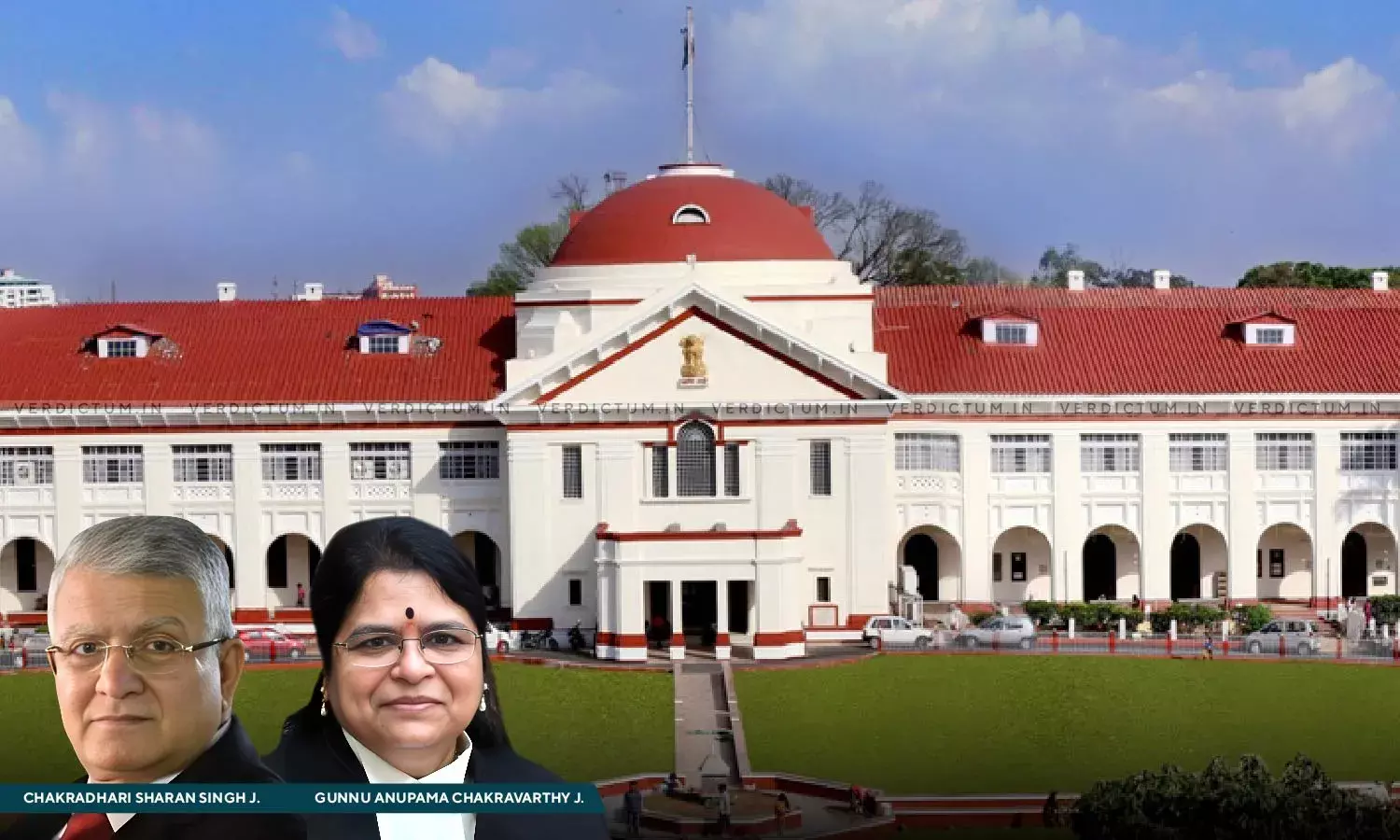Age Determination Solely Based On Radiological Examination Is Impermissible: Patna HC Acquits POCSO Accused

The Patna High Court held that age determination solely based on radiological examination is impermissible under Section 34(2) of the Protection of Children from Sexual Offences Act, 2012 (POCSO) read with Section 94 of the Juvenile Justice Act, 2015 (JJ Act).
The Court acquitted two individuals convicted under the Indian Penal Code, 1860 (IPC) and the POCSO Act, based on a medical report showing the victim’s age to be between 14-16 years old.
The Court noted that to invoke the provisions of the POCSO Act, the procedure specified in Section 94 of the JJ Act must be followed for age determination.
“We further hold that age determination based only on radiological examination is impermissible under section 34(2) of the POCSO Act read with Section 94 of the J.J. Act, 2015. There is no gainsaying that the provision under section 34(2) of the POCSO Act is mandatory in character”, the Bench comprising Justice Chakradhari Sharan Singh and Justice G. Anupama Chakravarthy observed.
Senior Advocate Ramakant Sharma appeared for the Appellants and Additional Public Prosecutor Shashi Bala Verma appeared for the State.
The case involved a police report (FIR) filed by a father against the Appellants for allegedly enticing and taking his 13-year-old daughter on a motorcycle, committing wrongful acts in Patna. The victim later disclosed to the father that the Appellants had taken her to Patna, where Raushan Kumar committed wrongful acts. The victim's statement under Section 164 of CrPC reveals a different narrative, indicating she willingly went with the Appellants, faced coercive acts in Patna, and refused Raushan Kumar's marriage proposal. Medical examination suggests the victim's age as 14-16 years, with no violence marks found. Charges include offences under the IPC and the POCSO Act.
Aggrieved, the Appellants approached the High Court challenging the Criminal Appeal challenging the conviction judgment of the Trial Court.
The Court noted that, under the POCSO Act, a crucial requirement is a definitive determination of the victim's status as a child, defined as someone below 18 years. Section 34 directs cases involving a child offender to the Juvenile Justice Act, 2015 (JJ Act), with Sub-Section 2 mandating the Special Court to determine a person's age, and record reasons. Notably, the absence of a specific procedure in Section 34(2) led to reliance on the then-existing Rule 12 of the Juvenile Justice Rules, 2007 (JJ Rules), for age determination in sexual assault cases.
Emphasizing the procedural framework, the Court reiterated that the JJ Act governs age determination under Section 94. The Court noted the prioritization of documents like school certificates or matriculation records for age determination, and only in their absence should a birth certificate from the Corporation, Municipal Authority, or Panchayat be considered. If these documents are further lacking, age determination may proceed through an ossification test or another latest medical age determination test as ordered.
The Court observed that, for applying the POCSO Act provisions, age determination must adhere to the outlined procedure in Section 94 of the JJ Act. Additionally, the Court dismissed the Trial Court's reliance on a medical report, observing that, according to established law, such a report alone is inconclusive in determining a person's age in sexual assault cases.
Emphasizing the statutory duty of the Trial Court, the Court reiterated the need to follow the prescribed age determination procedure under Section 94 of the JJ Act before applying the stringent provisions of the POCSO Act, which impose a reverse burden of proof on the accused.
The Court held that given the dispute and the failure to determine the victim's age per the specified procedures, the finding of guilt against the Appellants under Section 4 of the POCSO Act is unsustainable.
Additionally, the Court noted that the victim's statement under Section 164 of the CrPC is considered more truthful, suggesting her willingness to go with the Appellant, whom she intended to marry. Due to doubts about the victim's credibility and the prosecution's withholding of key evidence, the Court deemed it unsafe to uphold the conviction of the Appellants for the mentioned offences.
Accordingly, the Cout allowed the Appeal and set aside the conviction judgment.
Cause Title: Raushan Kumar v The State Of Bihar

